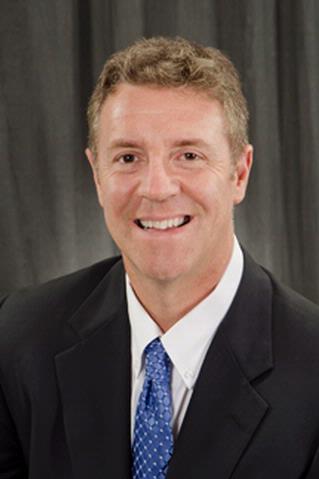Robert Weisman, D.O., Program Director
 Welcome to the Steinberg Fellowship in Psychiatry and the Law. Your interest in this program is appreciated, and we at the fellowship firmly believe that our unique combination of criminal, civil, public and private adult and child forensic psychiatry opportunities is the right fit for the motivated applicant. As one of the original forensic psychiatry programs recognized by the ACGME, our program has firm roots in the foundation of our discipline. Our continuously evolving curriculum and faculty composition ensure we also remain at the tip of the spear in innovation and research within the various domains of forensic psychiatry. As Program Director, I heartily welcome any questions about our program.
Welcome to the Steinberg Fellowship in Psychiatry and the Law. Your interest in this program is appreciated, and we at the fellowship firmly believe that our unique combination of criminal, civil, public and private adult and child forensic psychiatry opportunities is the right fit for the motivated applicant. As one of the original forensic psychiatry programs recognized by the ACGME, our program has firm roots in the foundation of our discipline. Our continuously evolving curriculum and faculty composition ensure we also remain at the tip of the spear in innovation and research within the various domains of forensic psychiatry. As Program Director, I heartily welcome any questions about our program.
J. Richard Ciccone, M.D., Associate Director
 The Charles E. Steinberg Fellowship in Psychiatry and the Law began in 1986 and was one of the original eight forensic psychiatry fellowships in the country accredited by the Accreditation Council of Forensic Psychiatry Fellowships. It was one of the initial eleven forensic psychiatry fellowships accredited by the Accreditation Council for Graduate Medical Education (ACGME) in 1997. Recently, with respect for our traditions and values, we have reorganized the program, added a number of excellent faculty members and created a number of new training opportunities. The program is a one-year, post-residency training program for psychiatrists planning careers in forensic psychiatry, and leads to eligibility for Added Qualifications in Forensic Psychiatry by the American Board of Psychiatry and Neurology. This fellowship is open all who have completed an ACGME accredited general psychiatry residency program.
The Charles E. Steinberg Fellowship in Psychiatry and the Law began in 1986 and was one of the original eight forensic psychiatry fellowships in the country accredited by the Accreditation Council of Forensic Psychiatry Fellowships. It was one of the initial eleven forensic psychiatry fellowships accredited by the Accreditation Council for Graduate Medical Education (ACGME) in 1997. Recently, with respect for our traditions and values, we have reorganized the program, added a number of excellent faculty members and created a number of new training opportunities. The program is a one-year, post-residency training program for psychiatrists planning careers in forensic psychiatry, and leads to eligibility for Added Qualifications in Forensic Psychiatry by the American Board of Psychiatry and Neurology. This fellowship is open all who have completed an ACGME accredited general psychiatry residency program.
R.P. Singh, M.D., Director of Education
 As a graduate of the Fellowship, it was an honor for me to join the faculty in 1992. In my role as Director of Education and Chief Psychiatrist at Rochester Regional Forensic Unit at Rochester Psychiatric Center, I have had the pleasure of working closely with our Fellows. Over the years, I have enjoyed having had the opportunity to train and educate the fellows on providing evaluation and treatment to a forensic population. The Fellows have the opportunity to understand the intricacies of providing clinical care in a setting with significant security issues. These issues require the physician to balance clinical care and security concerns to ensure the effective operation of a maximum security hospital.
As a graduate of the Fellowship, it was an honor for me to join the faculty in 1992. In my role as Director of Education and Chief Psychiatrist at Rochester Regional Forensic Unit at Rochester Psychiatric Center, I have had the pleasure of working closely with our Fellows. Over the years, I have enjoyed having had the opportunity to train and educate the fellows on providing evaluation and treatment to a forensic population. The Fellows have the opportunity to understand the intricacies of providing clinical care in a setting with significant security issues. These issues require the physician to balance clinical care and security concerns to ensure the effective operation of a maximum security hospital.
The strength of our program is the working relationship between the faculty and Fellows. The Fellows spend a significant amount of time working closely with senior faculty members learning the subtle practical aspects of forensic psychiatry. The program balances the Fellows' need for supervision with their need to develop independent forensic decision making skills.